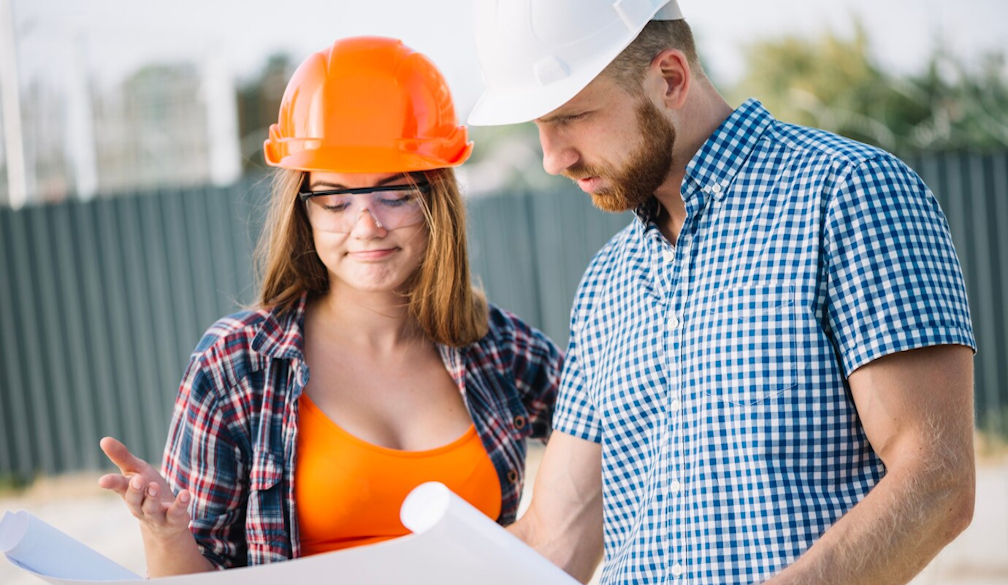What Qualifications Do You Need to Get a Builder’s Licence in Victoria?

If you're looking to build a rewarding career in construction, securing a builder’s licence in Victoria is a crucial step. Whether you’re planning to operate as a domestic builder or take on larger commercial projects, having the appropriate licence not only builds trust with clients but also ensures you’re complying with Victorian regulations. But what qualifications do you actually need to get started? Let’s break it down.
Why Do You Need a Builder’s Licence?
In Victoria, carrying out building work valued over $10,000 or any structural work requires a builder’s licence issued by the Victorian Building Authority (VBA). This licence certifies that you have the necessary knowledge, skills, and experience to deliver safe and compliant building work. Operating without one can result in penalties and may even invalidate your insurance.
Types of Builder’s Licences in Victoria
The VBA offers several classes of builder licences, but the most common for individuals is the Domestic Builder Licence. This licence is further divided into:
- Domestic Builder – Unlimited: Allows you to manage and carry out all components of domestic building work.
- Domestic Builder – Limited: Covers specific types of work, such as carpentry, waterproofing, or bathroom renovations.
- Domestic Builder – Manager: For those who manage and organise building work without physically performing it.
The type of licence you apply for will depend on your qualifications and experience.
Key Qualifications and Requirements
To be eligible for a builder’s licence in Victoria, you’ll need to demonstrate competency in three key areas: education, experience, and knowledge of the National Construction Code and relevant standards. Here’s what that typically involves:
- Formal Education and Training
Most applicants complete nationally recognised training to support their application. These qualifications often include:
- Certificate IV in Building and Construction (CPC40120)
- Diploma of Building and Construction (CPC50220)
These courses cover essential subjects such as construction planning, estimating, project management, building codes, and legal requirements. For those starting out or looking to specialise, there are a range of domestic builders licence courses available that cater specifically to Victorian licensing requirements.
- Practical Experience
Education alone isn’t enough—you must also prove hands-on experience. The VBA typically requires a minimum of 3–5 years of relevant industry experience, depending on the complexity of the licence category you're applying for. You’ll need to provide detailed project portfolios, references from registered practitioners, and potentially attend an interview to validate your experience.
- Technical Knowledge and Competency
During the application process, you may be assessed on your understanding of:
- Building codes and standards
- Occupational Health and Safety (OHS) obligations
- Site management and supervision
- Legal and contractual responsibilities
Being able to demonstrate practical and theoretical knowledge is key to passing the VBA's assessment process.
The Application Process
Once you’ve met the eligibility requirements, the process to apply for your builder’s licence involves:
- Lodging your application with the VBA, including proof of qualifications and experience.
- Paying the application fee, which varies based on the type of licence.
- Undergoing an assessment, which may include an interview or written test.
- Awaiting approval, which can take several weeks depending on demand.
It’s worth preparing thoroughly to avoid delays—this is where undertaking comprehensive training can make a huge difference.
Final Thoughts
Getting your builder’s licence in Victoria is a major milestone, marking your transition from skilled worker to qualified professional. While the process may seem rigorous, it ensures that licensed builders have the knowledge and experience to deliver quality outcomes safely and compliantly.









